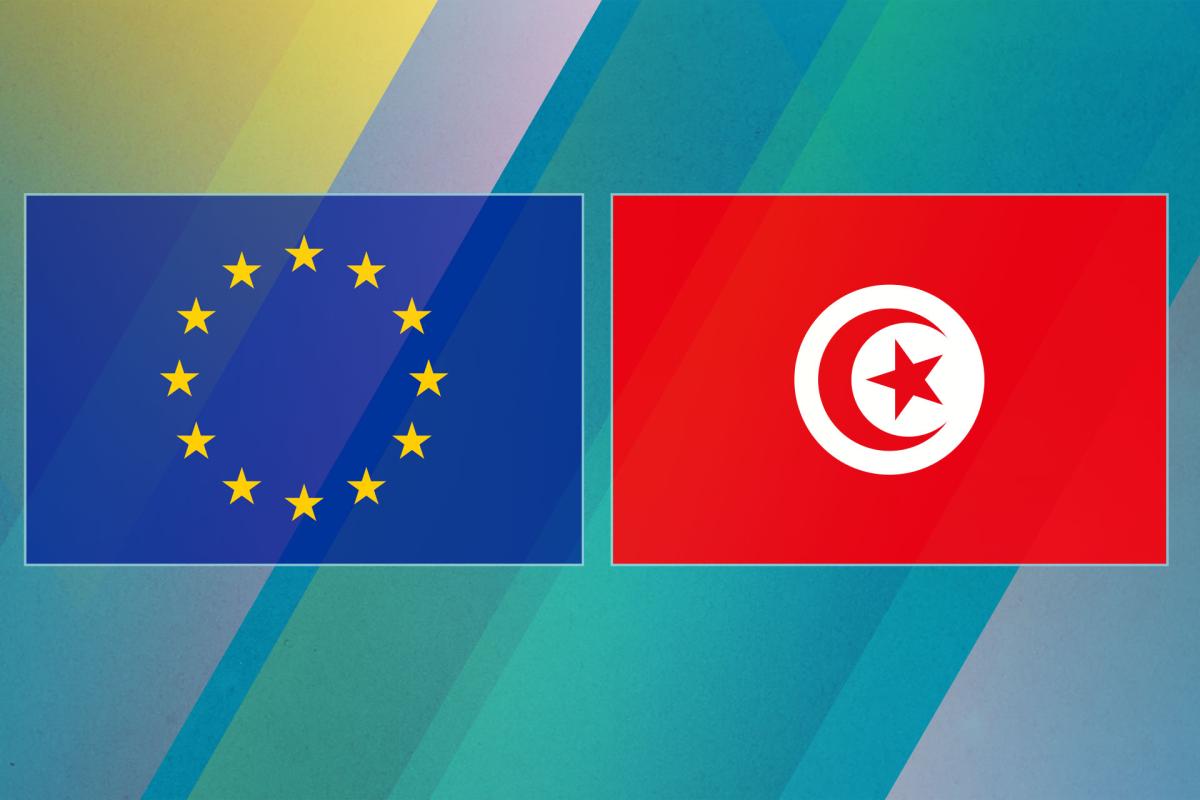
Tunisia has reaffirmed its strong economic ties with the European Union, which continues to dominate both trade and investment flows with the North African nation.
According to data reported by Mosaique FM, the EU accounted for 70.3% of Tunisia’s exports during the first half of 2025, generating a trade surplus of nearly four billion dinars.
The figures highlight the EU’s enduring role as Tunisia’s primary economic partner.
The partnership goes far beyond goods. Europe also represents 88% of Tunisia’s inward direct investment and supports 90% of jobs linked to these investments.
France remains Tunisia’s most significant bilateral partner, with trade exceeding 7.2 billion dinars. Around 1,600 French companies currently operate in the country, providing employment to more than 160,000 people.
This high concentration of trade and investment underscores Tunisia’s reliance on its European neighbours.
It also reflects investor confidence in Tunisia’s relative stability and its potential in key growth sectors such as agri-food, industrial services, and technology.
Observers note that while Europe remains central to Tunisia’s economy, the government faces the challenge of diversifying its markets to reduce the risks associated with excessive dependence on a single region.
By expanding its partnerships beyond Europe, Tunisia aims to strengthen its economic resilience and create new opportunities for sustainable development.
Despite these efforts, Europe remains the cornerstone of Tunisia’s trade and investment strategy.
The key task for Tunisian authorities is to convert this position into a driver for long-term, inclusive growth while continuing to bolster the country’s global competitiveness.



